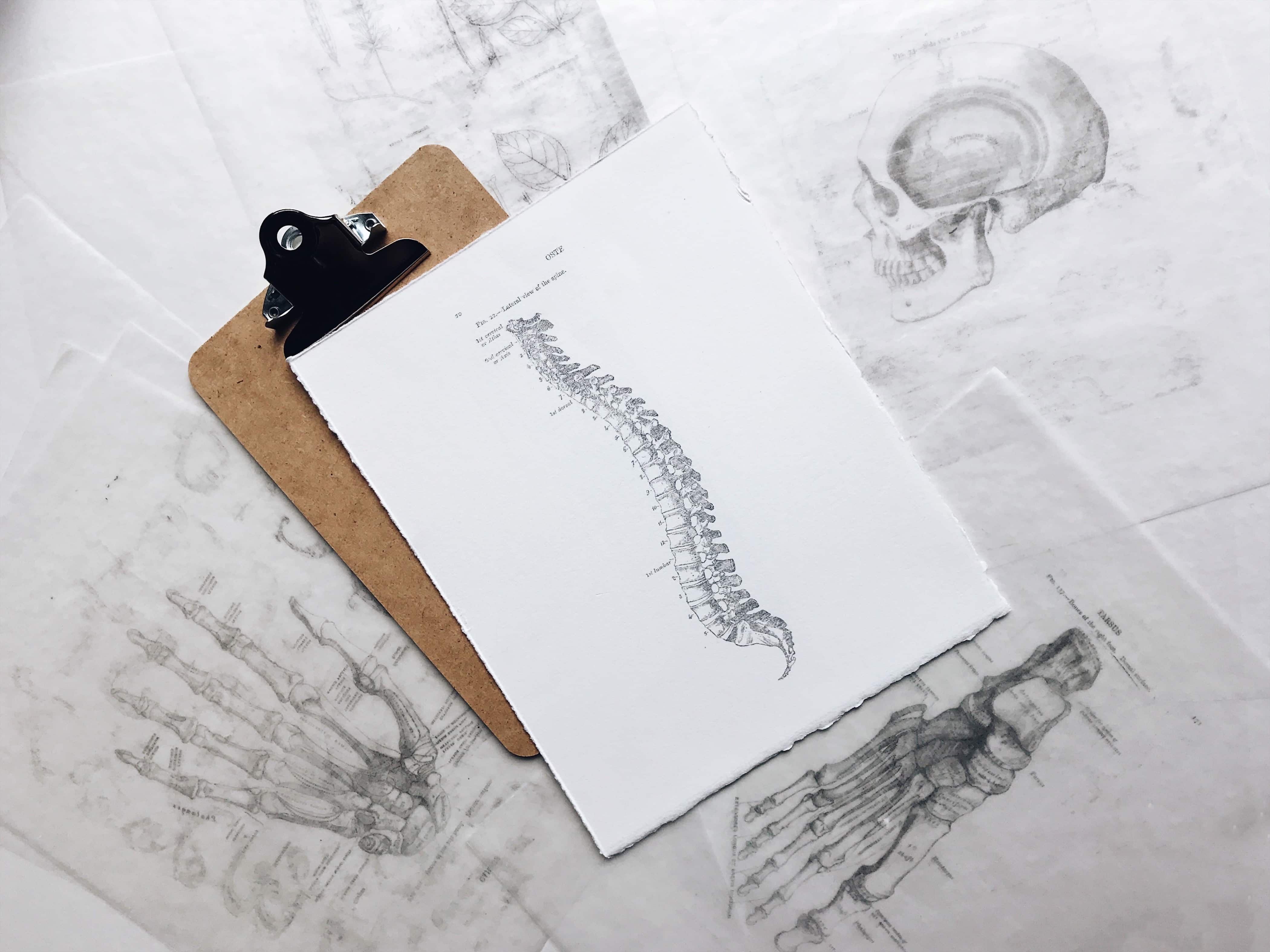
Discitis: medical negligence claims and the issues
Aches and pains are an inevitable part of life, and back pain is suffered by more than a third of the UK’s population every year.
There are a host of causes of back pain including strains, arthritis and trapped nerves. There are other causes of back pain which are rare, and little know about – including discitis.
What is discitis?
Discitis is an inflammation that develops between the discs of your spine.
It is caused by infections following a procedure, such as surgery or following an infection in another part of the body. The infection then spreads into the disc.
Discitis can also be a response to an autoimmune disease.
Discitis is one of several kinds of spinal inflammation and is relatively uncommon. Discitis mostly affects young children suffering with osteomyelitis and the elderly.
If you have discitis, you’ll likely have severe back pain in a specific area of your back. You may also suffer with other symptoms before the onset of the back pain including:
- stiffness in your back;
- abdominal pain or discomfort;
- a fever; and/or
- chills
Diagnosing discitis
Because discitis usually presents as back pain, it may be difficult for it to be properly diagnosed.
A history of a fever and chills, which indicate an infection, is the first step in the diagnosis. After an infection is suspected, you may need to undergo a number of different tests in order for your doctor to diagnose discitis. These tests may include:
1. Blood tests
A full blood count is a very common blood test which your GP can run and it will help identify any signs of infection, including higher than normal levels of white blood cells.
Blood tests are not particularly specific in the diagnosis but because infection is not usually seen with other causes of back pain, this can be an indicator for discitis.
2. Blood Cultures
Blood cultures may also be taken to identify the specific infection causing the discitis. This is to ensure that the correct antibiotics can be prescribed.
3. Imaging tests
An X-ray or MRI scan may also be taken as the images may show signs of an infection in your back. An MRI is the best and most sure method of diagnosis.
4. Other Investigations
A bone scan or analysis of a sample of tissue from your spine may also be taken, but these are likely to be less common tests.
Treating discitis
Discitis is treatable and usually results in an uncomplicated cure.
If you are diagnosed with discitis, you are likely to be prescribed antibiotics to treat a bacterial infection or anti-inflammatory medications if your discitis is caused by an autoimmune reaction. Treating discitis often requires a long course of antibiotic therapy, usually lasting six to eight weeks and which is usually given intravenously every day.
You may also be given a back brace to wear to support your back whilst the discitis is treated.
In rare cases surgery may be needed to resolve any problems which were caused by the discitis. This is especially so if the discitis is severe and or causing serious damage to the spine and spinal cord.
The long-term prognosis for most people who have discitis is likely to be good; any infection or auto immune reaction can be treated as necessary.
Medical Negligence
Most people who suffer from discitis have a good outcome when the condition is identified and treated properly. However discitis can cause long term effects including pain and mobility issues if not treated properly and in a timely fashion. In the worst case scenarios, discitis can cause paralysis and a complete spinal cord injury.
The Spinal Injury team at Bolt Burdon Kemp have investigated several claims for the delay in diagnosis and treatment of discitis. From our experience of investigating these cases, there can be negligence by medical staff in failing to investigate and appreciate the symptoms as well as with administering the correct treatment of the condition itself. Sadly, we have also seen situations where people begin to develop the early stages of paralysis and medical staff do not act on these early warning signs, causing the person to become paralysed permanently.
Discitis can present as nothing more than back pain initially, therefore discitis may not be diagnosed as soon as it should be. Symptoms of discitis can often be mistaken for another infection, such as flu or a stomach bug and therefore appropriate treatment may not be given.
Whilst some delay in the diagnosis of discitis can be expected, long delays should be avoided and timely investigations and treatment following a suspected diagnosis can result in a very different outcome.










